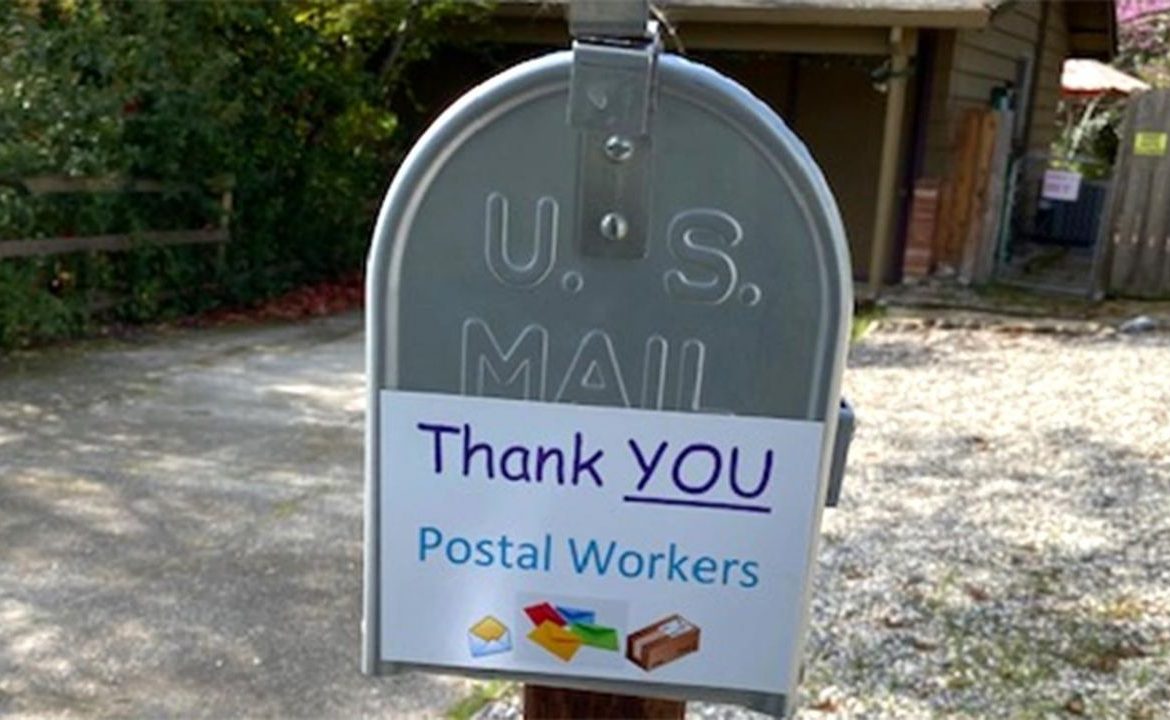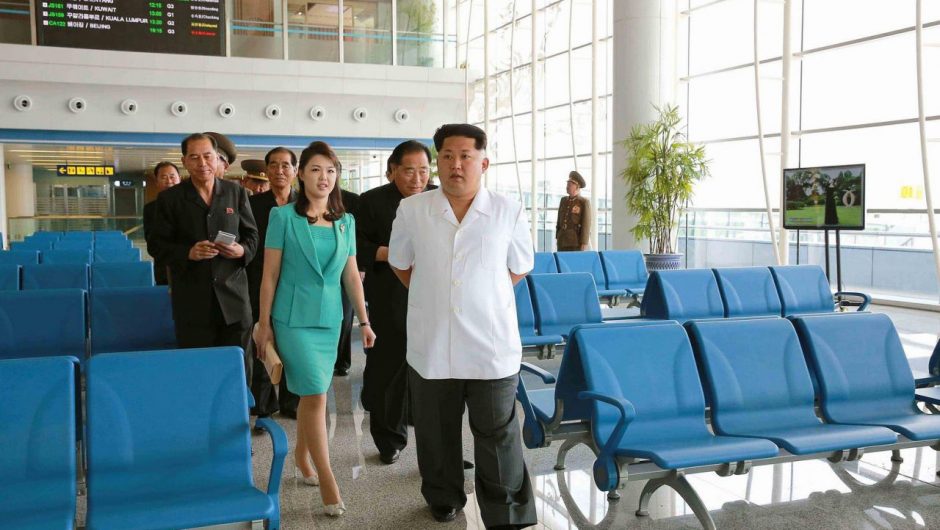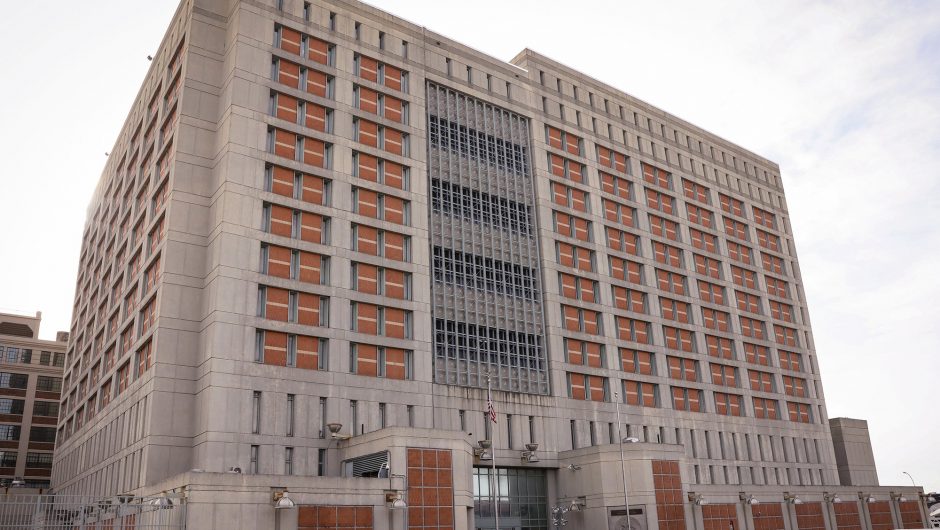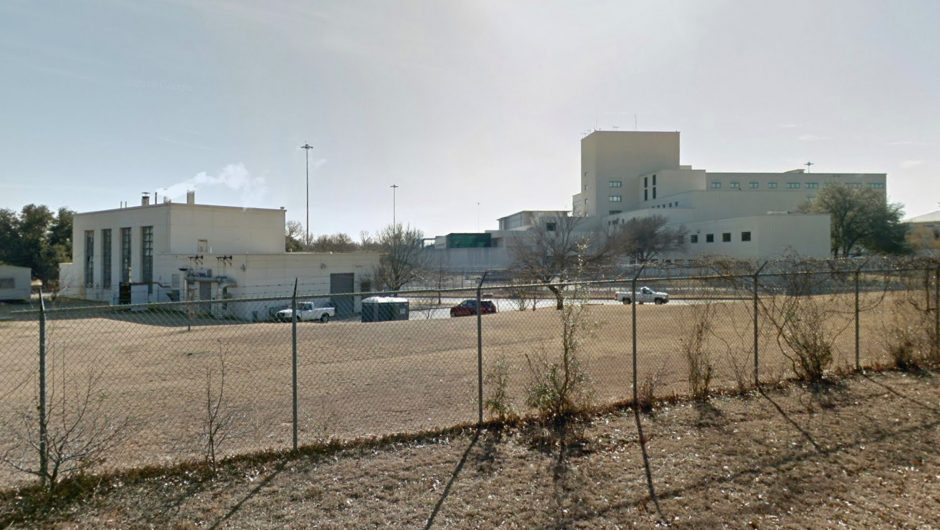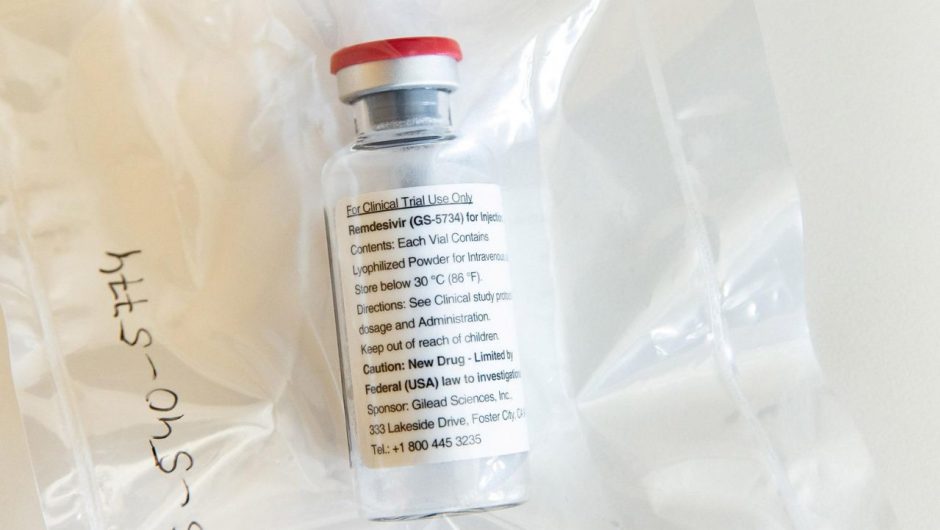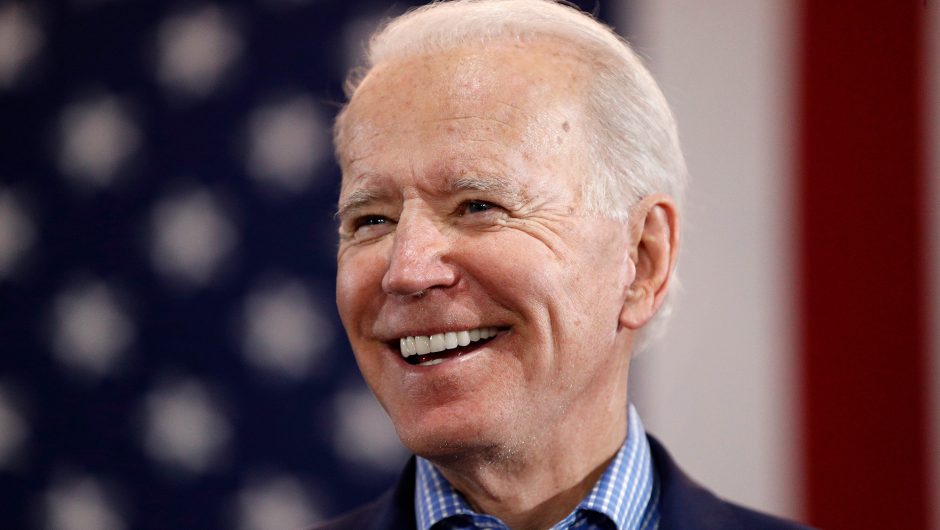The other day a perfect stranger came up to me and said, “Thanks for your service. You guys are doing a great job.”
I’m not in the military. I deliver the mail in Loomis, Calif.
While Washington debates the fate of the Postal Service and the fiscal hit it’s taken from the coronavirus pandemic, a remarkable shift has occurred in how people view the mail and their mail carrier in the COVID-19 era.
Over the last six weeks, the friendly waves I receive along my route in Loomis, a rural community dotted with sprawling homes, vineyards and horse ranches, have become more effusive. Smiles are wider. Mailboxes are emptied more frequently, no doubt because stay-at-home orders have people looking for things to do. Conversations with my customers have become lengthier and more personal, tinged with a sense of relief that at least mail delivery remains dependable and stable in what has been an uncertain and unstable time. The interactions my fellow carriers and I have experienced since the pandemic took hold seem almost to have become a coping mechanism for our customers.
“The fact that it’s consistent, that it comes every day, is comforting,” Zack Sanchez, a customer, told me. “Our day has really slowed down. With our 5- and 7-year-old we were involved in four sports and it was nonstop between that and school. Now we have home school and no sports. Getting the mail is one of the major activities of the day.”
We’re seeing, too, small gestures of gratitude: a bottle of wine, gift cards and handwritten notes left in mailboxes expressing thanks. “How ya doin’?” I ask when I see my customers.
“How are you doing?” they respond from a safe distance.
A sign taped to a mailbox in Loomis, Calif. (Julia Kimmel)
A retiree who affixed a sign on her mailbox that reads “Thank you!,” Deb Koss thinks we should get hazard pay.
“I see postal workers as our frontline to keeping everyone else well,” she told me. “You guys bring me my medicine.”
Of course, we’ve also been busy delivering books, stationery, pet food, makeup, clothing, disinfectant wipes, hand sanitizers and, yes, toilet paper. Our office, well stocked with PPE items for each employee, is handling nearly triple the normal volume in package delivery.
Story continues
We’re also seeing an uptick in something else: personal letters. It’s an interesting development in the digital age when many are connecting virtually through Zoom, Skype and FaceTime.
“A letter is much more intimate than a text or short, terse informational-type stuff,” said Roberta Brosnahan, a retired high-tech VP on my route. “There’s much more introspection. We reflect before we write. Start over again because it wasn’t coming out right the first time. It’s much more human. We’re able to say things we wouldn’t say person-to-person.”
“The mail grounds us,” said Kayo, Sanchez’s wife. “It gives us a physical grounding to the world that the streamlined ones and zeros of email can’t really capture.”
Any uptick in personal letters, anecdotal or otherwise, will likely be short-lived. The digital age has caused a precipitous drop in mail volume. Postmaster General Megan Brennan has told lawmakers that the Postal Service needs a serious infusion of cash — roughly $75 billion over the next several years — lest it run out of money by September’s end, not exactly ideal timing with a presidential election ahead and voters increasingly voting by mail.
President Trump opposes any bailout and demanded again on Friday that the Postal Service raise its delivery prices, a risky proposition that could actually result in the agency losing package business to competitors like FedEx and UPS. Personally, I’d like to see the USPS jack up prices on all that junk mail that fills mailboxes these days (that helps to feed the Postal Service’s bottom line), including solicitations from politicians like the president.
As Congress and the president haggle over the future of the Postal Service, Washington has designated its 630,000 employees as essential workers, an increasing number of whom have been stricken by the coronavirus.
As we go about our day, my fellow carriers and I are imbued with a renewed sense of purpose knowing that our customers remain thankful for the work we do and that they still appreciate an institution that has been a part of American life since the country’s founding.
“I teach my seventh graders regularly about knowing how to write a real letter,” a customer named Kathy Brummund said. “I always make a point of assigning a thank-you letter at the end of the school year.” Teaching remotely now, she still intends to assign that letter.
_____
Click here for the latest coronavirus news and updates. According to experts, people over 60 and those who are immunocompromised continue to be the most at risk. If you have questions, please refer to the CDC’s and WHO’s resource guides.
Read more:


